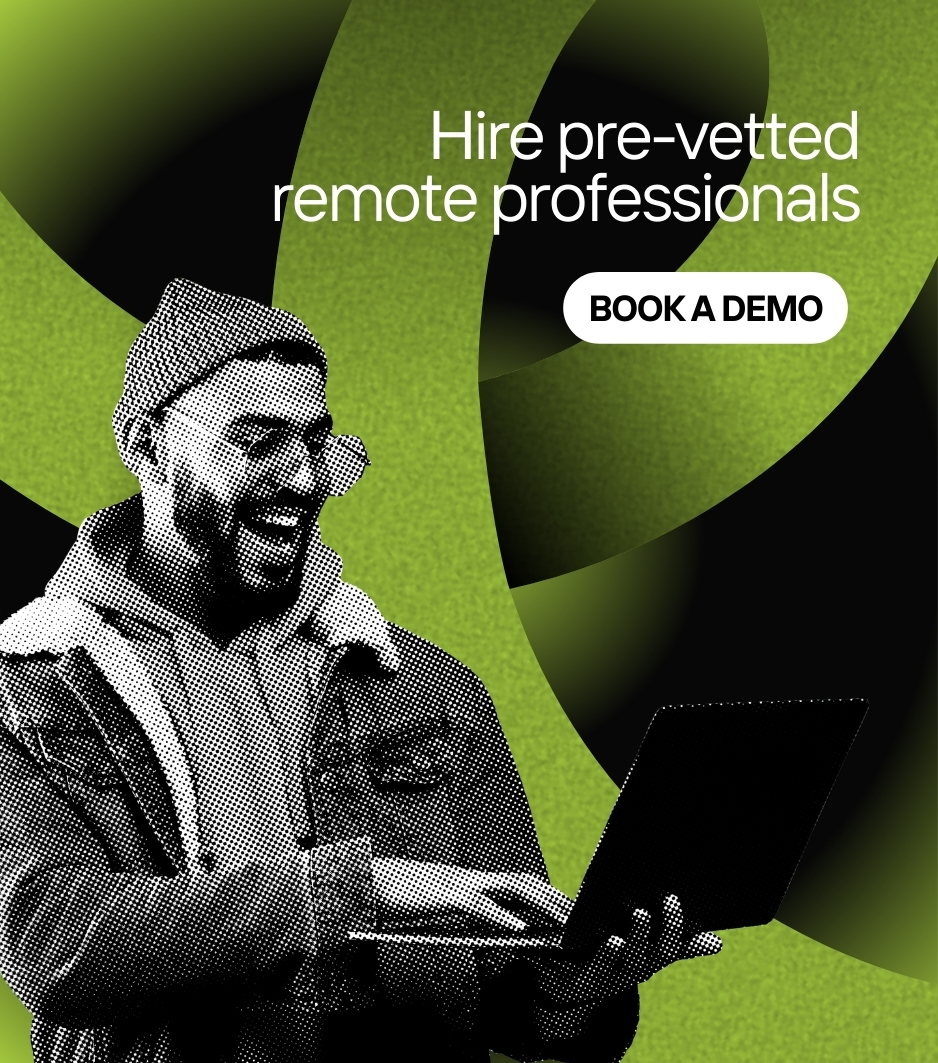Finding the perfect remote job can be a very exciting experience. There’s that moment where you realize that you actually stand a very good shot of becoming a remote worker: working from home, away from the terrible Manila commute that has haunted your nightmares for many years. The process by which remote work applications are done is actually significantly easier. It’s very easy for applicants to be lulled into a false sense of security.
Here are the key points that applicants tend to miss when approaching Skype interviews—and what you need to do to bag that remote job.
1 – You don’t dress up
When you have to actually talk to someone face to face for an interview, you’re sure to be dressed to your nines. You rock the long sleeves and even a tie, polish the black shoes and iron out the creases in your pants, and power dress as they say because, yes, first impressions last. When it comes to Skype interviews, an alarming number of remote worker applicants ditch this line of thinking and stick to just a good shirt—and likely shorts.
The truth is that first impressions always is in play regardless of what medium an interview is undertaken in. So it might be silly to wear your long-sleeved polo shirt at home, but you have to do it. As for the rest of you? Psychologists say that it actually helps to dress up fully as the feeling and intentionality of having dressed up carries over to how you feel—power dressing is empowering!
2 – You don’t test your equipment
So, you’ve decided to dress up and you’re feeling the confidence. The call has come in and you’re ready to wow the interviewer with just how awesome you are. When asked to describe yourself, you launch yourself in a confident monologue of everything you achieved and can yet achieve. When you’re done, all the interviewer says is: “I couldn’t hear you, you were choppy the whole time!” It can be very deflating to experience technical hiccups.
The thing is, though, you likely didn’t bother to test everything out prior to the remote worker job interview itself. The very first thing you need to check is your equipment, and the best way to test your microphone and webcam is to call friends and loved ones. Make sure you’re coming in loud and clear. Make sure you also explore Skype for any features and functions that might be asked for—like screen share for instance.
3 – You didn’t rehearse
Did you know that people instinctively attribute confidence and capability to people who can speak in straight sentences? That’s because when we stumble or stall, or even use verbal fillers like “um” and “ah”, it seems like you have no idea of what you’re talking about. It might not be true. You might naturally really use fillers to great effect with people who know you—but your interviewer does not know you at all.
It pays to rehearse the answers to—at least—the most basic of questions that one expects in an interview. Practice discussing who you are and what defines you, get your work experience down to pat, and prepare a list of genuine questions you actually want to ask about the company that you’re applying for. Better still, get a friend to critique what you say and how you answer. It will make a big difference in landing that remote worker job.
4 – You don’t showcase your home office
They might not mention it to you, but one of the things that interviewers will actively look for when interviewing you is what your home office looks like! Even something as innocuous as posters on your wall or poor lighting can be a point against you. This is especially true if you’re applying for a role in customer service or support. It’s the little details that can affect the perception of your company so interviewers check for that.
Remote work really has a lot that makes it worth pursuing. You can work from home–or anywhere there’s great connectivity, avoid the terrible commutes that stress you out constantly, and get more time with your loved ones. In order to leverage those benefits, however, you need to nail that interview. Be aware of these four challenges and handle them ably and it’s smooth sailing to the end.
Good luck!


